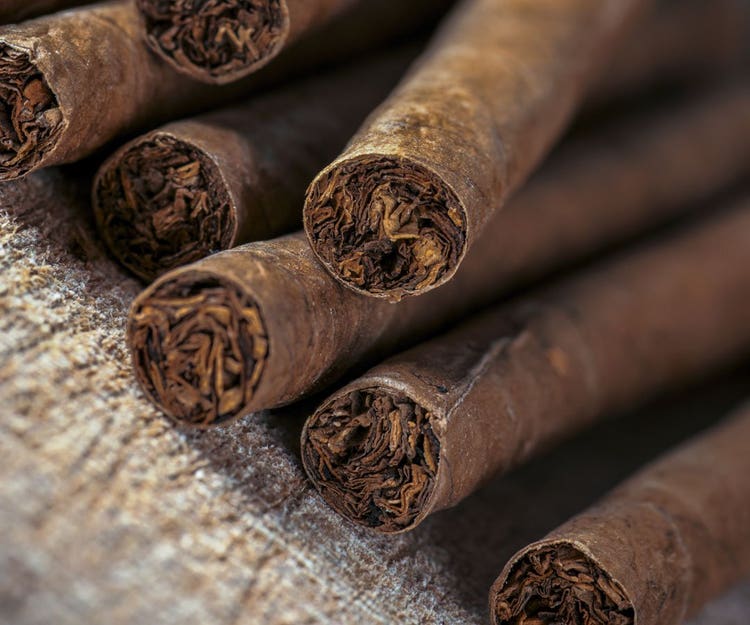
How to Clean your Cigar Cutter
As a “professional cigar smoker” I cut a lot of cigars at the office. Between the cigars I enjoy on a regular basis and all of the samples I’m expected to smoke, my cutter, a XiKAR Xi2, gets quite a workout. I like the XiKAR in particular because of its hard, ultra-sharp blades; they cut clean, and it takes a long time for them to dull.
About two weeks ago, I noticed the heads on my cigars seemed to be shredded a little more than usual after clipping. I also noticed an excessive amount of tar on the cutter blades. Some of the oils from the tobaccos are left behind on your cutter each time you cut a cigar. Therefore, if you use the same cutter day after day, as I do with my office cigar cutter, eventually the oils begin to build up and “stain” the cutter. It’s a telltale sign that your cutter needs to be cleaned. Regardless of how sharp the blades are, any additional interference is bound to hamper the neatness of the cut.
The solution is simple – rubbing alcohol cuts through tobacco oils like a hot knife through butter. All you need is a cotton ball or swab daubed with rubbing alcohol, apply it to the stains, and they rub off like magic. After doing this with my cutter, voila!, it was cutting cleanly again.
Regardless of what cigar cutter you prefer to use, whether it costs $2.50 or $25, you should clean your cutter at least once a month. If you’re a heavy cigar smoker cleaning it once every two weeks might be in order. It becomes even more vital if you’re a chewer and cut your cigars down as they get mushy.
The same rule applies if you use cigar scissors or a punch cutter. Regarding the latter, because punch cutters have a circular blade, a build-up of tars on the edge may prevent you from making a clean punch and can even ruin the head altogether.
No matter how well you maintain your cutter, eventually, the blades are going to dull. But for now, don’t be lazy, and don’t throw out your cutter just yet. Clean your cutter regularly and you’ll find that it’s got a lot of life left in it.